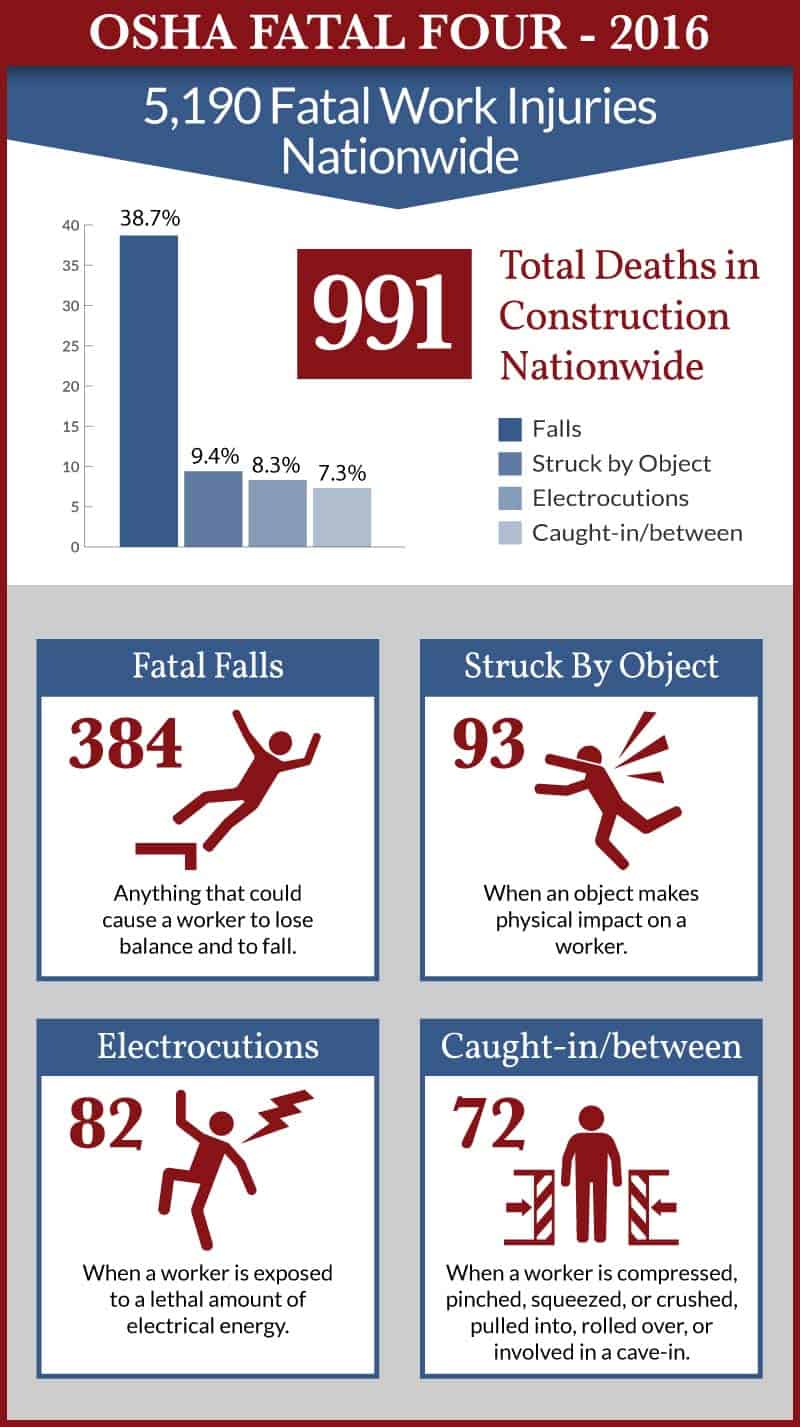Philadelphia Workers’ Compensation: Frequently Asked Questions
Navigating a work injury can be overwhelming, especially when you’re trying to recover physically and financially. Below, we answer some of the most common questions about Workers’ Compensation to help you understand your rights and how to protect them.
What Should I Do If I Am Injured at Work?
If you are injured on the job, your first step should be to seek medical attention, even if the injury seems minor. Next, report the injury to your employer as soon as possible—preferably in writing. In Pennsylvania, you must notify your employer within 120 days of the injury, but it’s best to do so immediately to avoid delays in benefits. After the report, your employer should file a First Report of Injury with the Pennsylvania Bureau of Workers’ Compensation.
Can I Receive Compensation for Lost Wages?
Yes. If your injury prevents you from working for more than seven days, you may be eligible to receive wage-loss benefits. These typically amount to about two-thirds of your average weekly wage, up to a maximum set by the state each year. The exact amount depends on your earnings prior to the injury and whether you are partially or totally disabled.
What Benefits Are Available Under Workers’ Compensation?
Pennsylvania’s Workers’ Compensation system offers several types of benefits:
- Medical Benefits: Coverage for reasonable and necessary medical treatment related to your work injury.
- Wage Loss Benefits: Compensation for lost income if you’re unable to work.
- Specific Loss Benefits: For permanent loss of use of a body part, or for disfigurement.
- Death Benefits: Payments to surviving dependents in the event of a fatal workplace injury.
Do I Have to See a Company Doctor?
In the first 90 days after your injury, if your employer has a properly posted list of designated healthcare providers, you must see one of those providers. After 90 days, you are generally free to choose your own doctor. However, you must notify your employer of the switch and provide the doctor’s name.
Can I Be Fired for Filing a Workers’ Compensation Claim?
It is illegal for an employer to fire or retaliate against an employee for filing a valid Workers’ Compensation claim. If you believe you were wrongfully terminated because of your injury or your claim, it is important to speak with a lawyer immediately to protect your rights.
What If My Claim Is Denied?
If your claim is denied, you have the right to file a petition with the Pennsylvania Bureau of Workers’ Compensation. A Workers’ Compensation judge will review the evidence and hold a hearing. These appeals can be complex, and deadlines apply, so having an experienced attorney on your side can make a significant difference.
Do I Need a Lawyer to File a Workers’ Compensation Claim in Philadelphia?
While it’s possible to file a claim on your own, many injured workers find that having an attorney improves their chances of receiving full and fair benefits. An experienced Workers’ Compensation lawyer can help you:
- Complete and file your claim correctly.
- Gather medical evidence and documentation.
- Represent you in hearings and appeals.
- Challenge denied or terminated benefits.
- Protect you from retaliation by your employer.
How Long Do I Have to File a Claim?
In Pennsylvania, the statute of limitations for filing a Workers’ Compensation claim is three years from the date of the injury. However, reporting the injury to your employer must occur much sooner—within 120 days of the injury date. Failing to meet these deadlines could result in a loss of benefits.
Can I Sue My Employer?
Generally, no. Pennsylvania’s Workers’ Compensation system is a no-fault system, meaning employees typically cannot sue their employers for workplace injuries. However, if a third party (such as a contractor, vendor, or manufacturer of defective equipment) contributed to your injury, you may be able to pursue a separate personal injury lawsuit against that party.
What if I Have a Pre-Existing Condition?
You can still receive Workers’ Compensation benefits if a work-related incident aggravates or worsens a pre-existing condition. However, you may need to provide strong medical documentation showing that your job duties contributed to the worsening of your condition.
Can I Work While Receiving Workers’ Compensation Benefits?
Yes, depending on your medical restrictions and whether your employer can accommodate them. If you return to work at reduced hours or in a lower-paying position due to your injury, you may be eligible for partial disability benefits to make up for the difference in wages.
How Long Will I Receive Benefits?
The duration of benefits depends on the severity and classification of your injury. If you are totally disabled, you may receive benefits indefinitely, although the insurance company may request an Independent Medical Examination (IME) to reassess your condition. If you are found to be partially disabled, you may receive benefits for up to 500 weeks.
What Happens If I Cannot Return to My Previous Job?
If your injury prevents you from returning to your former position, you may be eligible for vocational rehabilitation services, retraining, or job placement assistance. If your employer cannot offer suitable light-duty work, wage-loss benefits may continue.
Speak With a Philadelphia Workers’ Compensation Lawyer at Freedman & Lorry, P.C. Today
If you’ve been hurt on the job, don’t leave your future to chance. The Workers’ Compensation system can be confusing, and even a small error can result in denied or reduced benefits. At Freedman & Lorry, P.C., our Philadelphia Workers’ Compensation lawyers will fight to protect your rights, guide you through the claims process, and pursue every benefit you deserve. Call 888-999-1962 or contact us online to schedule a free consultation. Located in Philadelphia and Cherry Hill, we serve clients across Pennsylvania and New Jersey.

